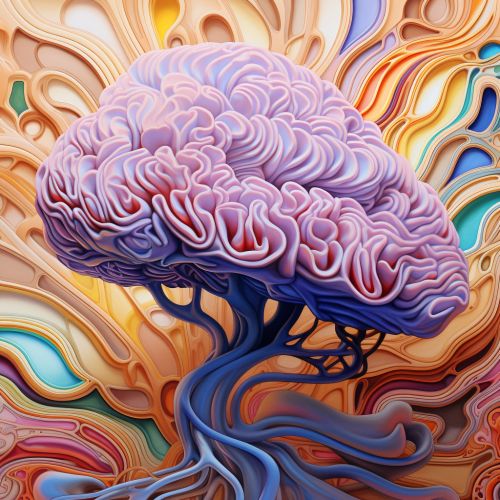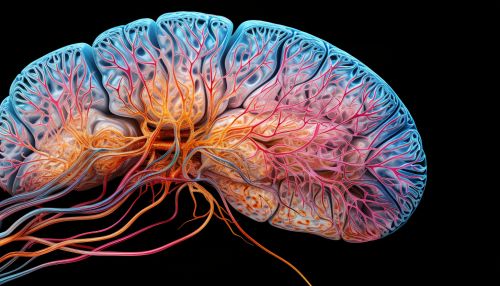Cognitive Mechanisms of Perceptual Learning
Introduction
Perceptual learning is the process by which the ability of an organism to respond to its environment is improved through practice or experience. This form of learning is distinct from other forms, such as motor learning and cognitive learning, in that it involves changes in the sensory systems of the body that are responsible for receiving and processing physical stimuli.


Cognitive Mechanisms
The cognitive mechanisms of perceptual learning involve a variety of processes that allow an organism to adapt to its environment. These mechanisms are often studied in the context of visual perception, but they also apply to other sensory modalities, such as auditory perception, olfactory perception, and tactile perception.
Attention and Selection
Attention plays a crucial role in perceptual learning. It is through attention that an organism selects relevant information from the environment and ignores irrelevant information. This process of selection allows the organism to focus its cognitive resources on the most important stimuli, which in turn facilitates learning.
Memory and Association
Memory is another important cognitive mechanism in perceptual learning. It is through memory that an organism stores information about the environment for future use. This information can be used to form associations between different stimuli, which can then guide the organism's responses to those stimuli in the future.
Perception and Recognition
Perception and recognition are also key cognitive mechanisms in perceptual learning. Perception refers to the process by which an organism interprets the sensory information it receives from the environment. Recognition, on the other hand, refers to the process by which an organism identifies a stimulus based on its previous experiences with that stimulus.
Factors Influencing Perceptual Learning
Several factors can influence the process of perceptual learning, including the nature of the stimuli, the characteristics of the learner, and the context in which learning occurs.
Nature of the Stimuli
The nature of the stimuli can greatly influence perceptual learning. For example, stimuli that are novel, complex, or unpredictable are more likely to be attended to and learned than stimuli that are familiar, simple, or predictable.
Characteristics of the Learner
The characteristics of the learner can also influence perceptual learning. For example, learners who are motivated, attentive, and have good cognitive abilities are more likely to learn than learners who lack these characteristics.
Context of Learning
The context in which learning occurs can also influence perceptual learning. For example, learning is often facilitated when it occurs in a meaningful context, as opposed to a context that is irrelevant or meaningless to the learner.
Implications and Applications
Understanding the cognitive mechanisms of perceptual learning has important implications and applications in various fields, including education, psychology, and neuroscience.
Education
In education, understanding perceptual learning can help educators design more effective learning environments. For example, by understanding how attention and selection work, educators can design instructional materials that highlight the most important information and minimize distractions.
Psychology
In psychology, understanding perceptual learning can help psychologists understand how individuals adapt to their environment. For example, by understanding how memory and association work, psychologists can better understand how individuals form associations between different stimuli, which can in turn help them understand how individuals learn to respond to those stimuli.
Neuroscience
In neuroscience, understanding perceptual learning can help neuroscientists understand how the brain changes in response to experience. For example, by understanding how perception and recognition work, neuroscientists can better understand how the brain processes sensory information and how this processing changes with experience.
